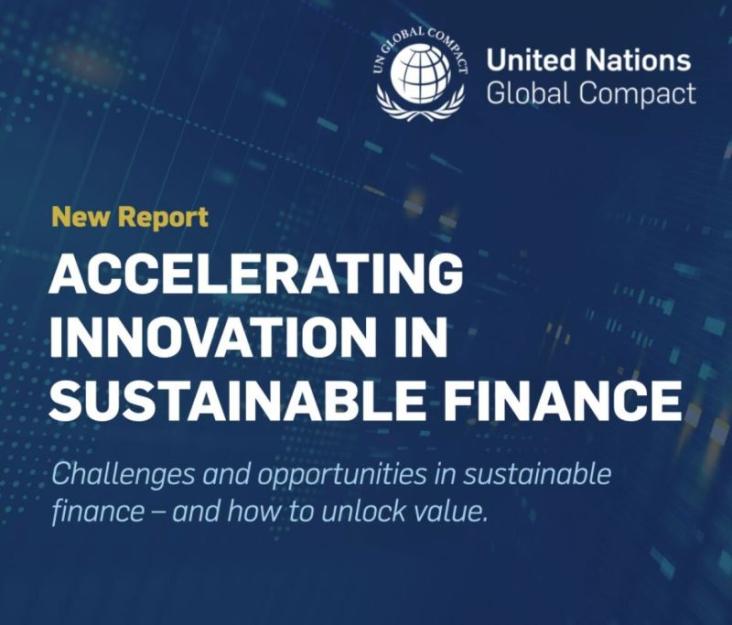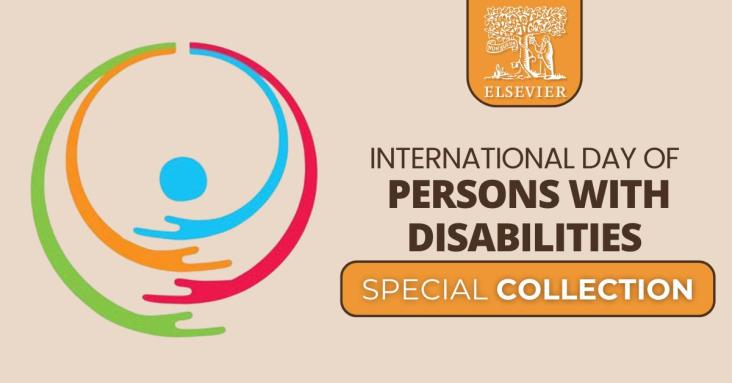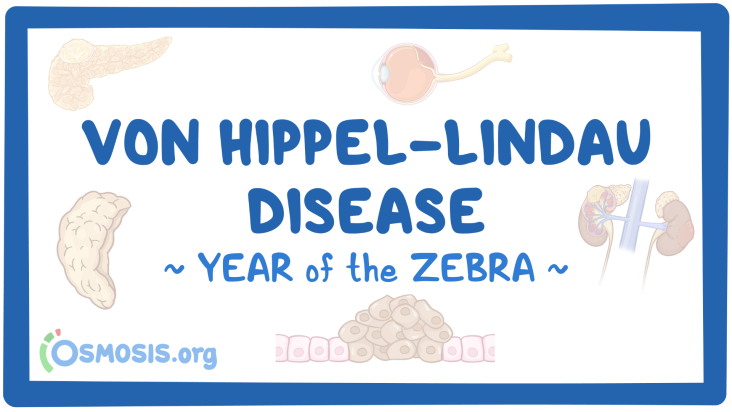Ensure healthy lives and promote well-being for all at all ages

In this round up of 2024, we share the Special Collections published on the SDG Resource Centre throughout the year, featuring more than 800 research articles and book chapters made freely available to advance knowledge and accelerate the achievement of the United Nations Sustainable Development Goals by 2030.
This study provides insight into the perspectives on languages and modalities that emerge when (hearing) health professionals meet deaf parents with their babies in health centres, even with a sign language interpreter present.

The UNGC's latest report on “Accelerating Innovation in Sustainable Finance” offers models for businesses on how to deliver financial returns and positive global impact – together.

The annual observance of the International Day of Disabled Persons was proclaimed in 1992, by the United Nations General Assembly resolution 47/3.

Rare Disease Education: Alpha-1 Antitrypsin Deficiency
Editor: Kelsey LaFayette, DNP, RN, FNP-C




